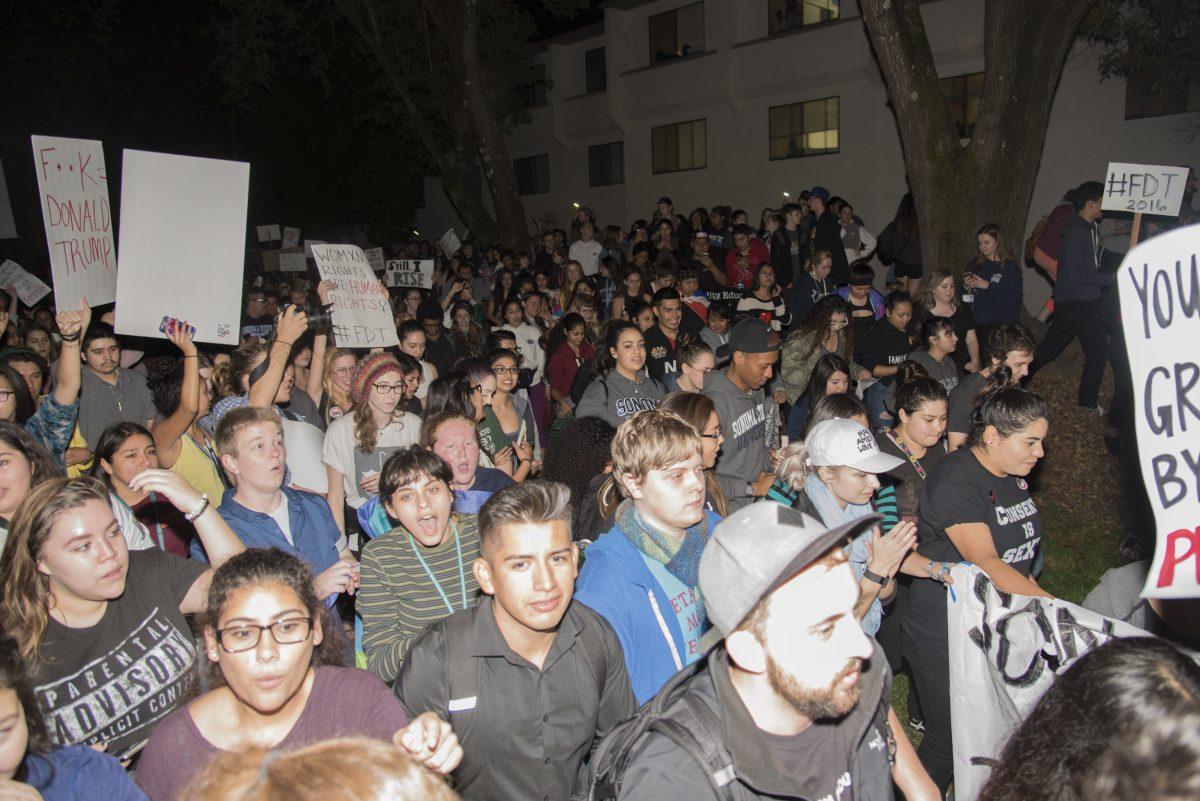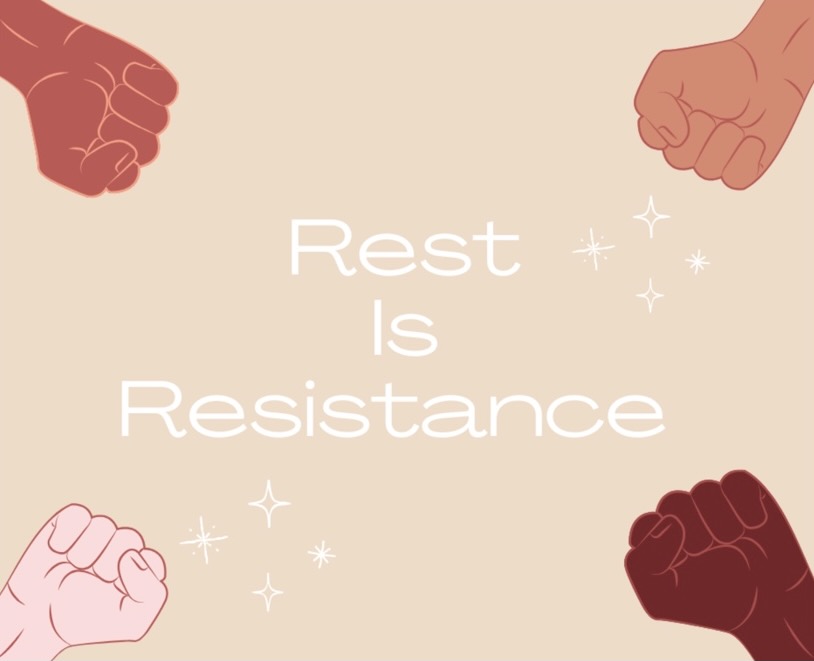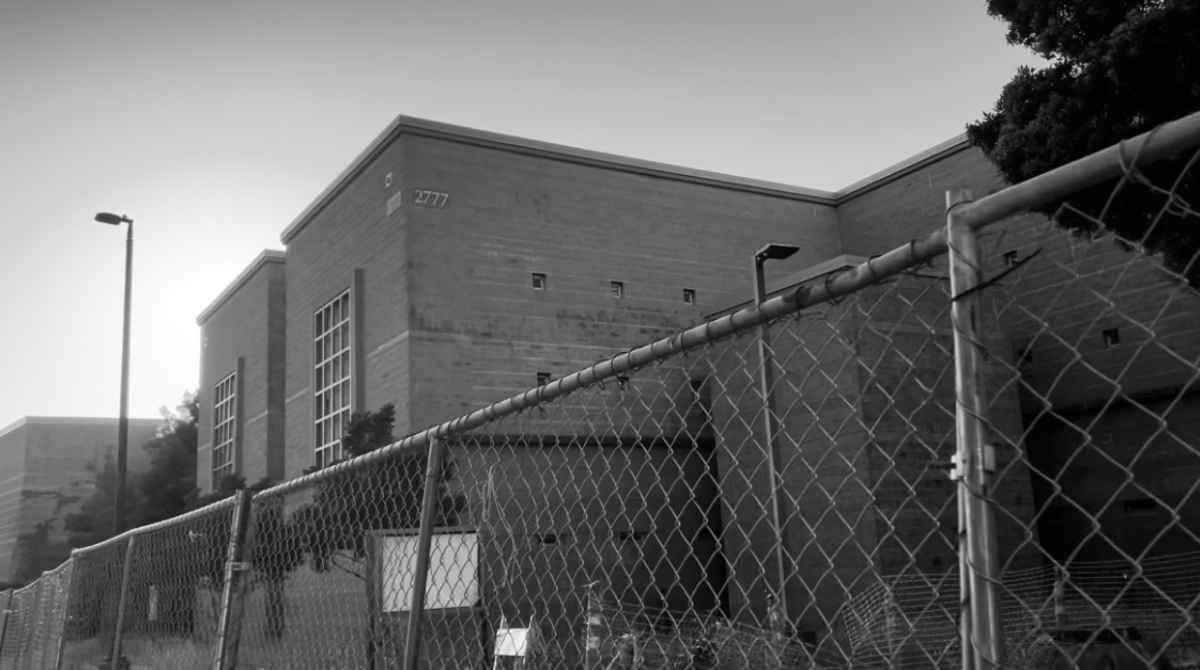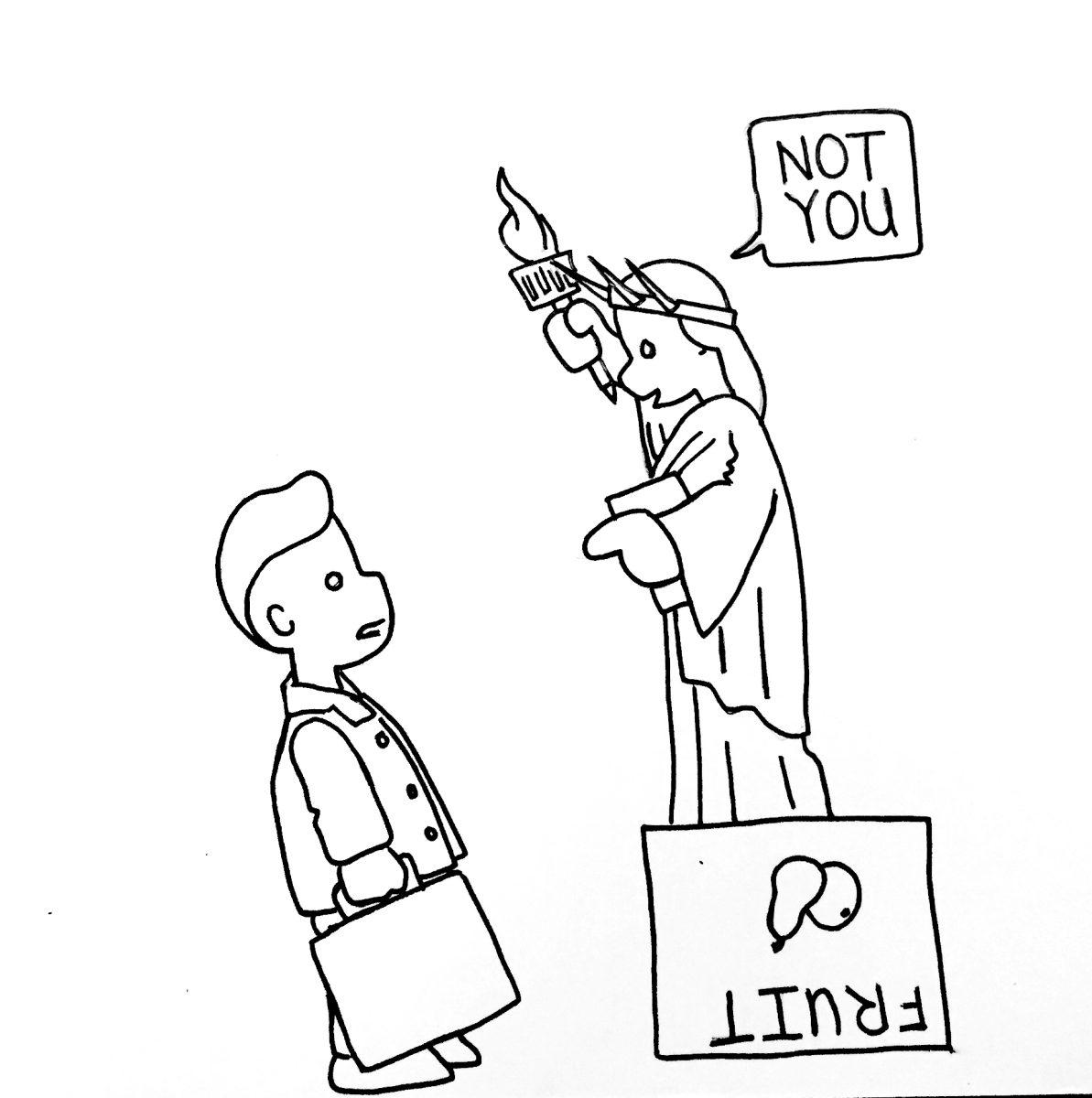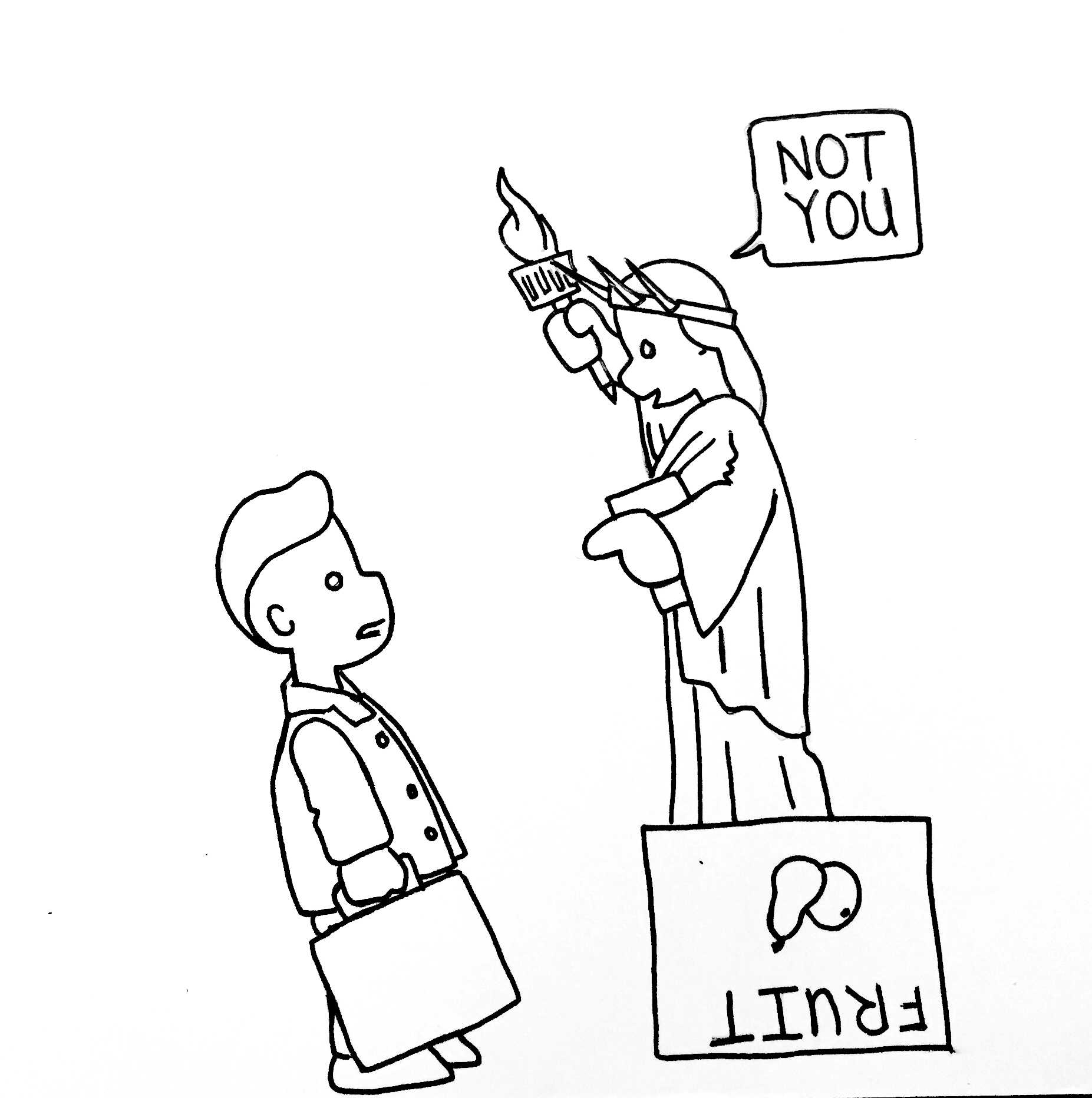A Texas federal judge blocked President Barack Obama’s recent executive order on immigration—one that would shield millions of undocumented immigrants in the United States from deportation.
U.S. District Judge Andrew Hansen ordered an injunction on Obama’s executive actions on the grounds states would “suffer irreparable harm,” and that the Department of Homeland Security bypassed a mandate to allow public comment on the policy changes.
The executive order was supposed to open on Wednesday, shielding people living in the United States before 2010 and those who arrived before the age of 16. Those who qualify don’t gain legal status, but have the right to work legally, get drivers licenses and not worry about being deported.
The executive order had two parts, Deferred Action for Childhood Arrivals, and part two, which was scheduled to be in effect next month, Deferred Action for Parents of Americans. The last clause defines parents who don’t have legal status, but have American children.
What harm would the United States suffer—letting roughly 4 million to 5 million people already in the country for at least five years work and go to school legally?
Hansen’s decision lacks consideration; there are no disputable facts given to support this decision to allow a lawsuit filed by 26 states to move forward. The states want to block Obama’s executive order, claiming the president is overreaching his authority.
However, there are strong arguments that support the president.
Obama has made 203 executive orders while in office, which is well below President George W. Bush’s count of 291 and far below President Franklin D. Roosevelt’s 3,522.
The United States has had seven different amnesty programs since 1986, which marked a huge turning point in American immigration.
The Immigration Reform and Control Act passed that year gave 3 million undocumented immigrants legal permanent status, the ability to stay in the United States without fear of deportation as well as to work and drive legally.
Furthermore, immigrants built the United States. This country is a melting pot of different cultures, ethnicities, religions and beliefs. No human is illegal; the idea of being born in the United States and the privilege to live here from that privilege seems imprudent.
The majority of people in the United States have ancestors who came from somewhere else; a statement people can’t argue against unless they are of Native American descent. Many Americans who express chauvinism fail to realize this.
It’s shameful and wrong to deny someone the access to live, grow and prosper especially if that individual has already lived in the country for a significant portion of his or her life, and calls it home.
The president’s executive order is meant to legalize those who have lived in the country for some time. It’s not for those residing in another country and wanting to become a U.S. citizen.
When an individual grows up somewhere, it becomes their home; it’s all one knows. Imagine living in the United States, then being ripped away from family and friends and thrown into an unfamiliar country where one doesn’t feel they belong? Fundamentally, the culture one associates with is what is present from early on. It defines a person.
What is blocking Obama’s executive order going to do? It’s most likely just going to cause a delay.
The United States can consider suffering “irreparable harm” as wasting the federal government’s time, and taxpayer money.
There’s no possible way to deny legality to the millions of people who reside in the United States. The resources needed to do so surpass what the U.S. Department of Homeland Security offers and wont cause any change. Those deported will surely be back soon because they call this place home.
Obama’s executive order is not the final solution to fix a broken immigration system. Nonetheless, it’s a start in the right direction.


